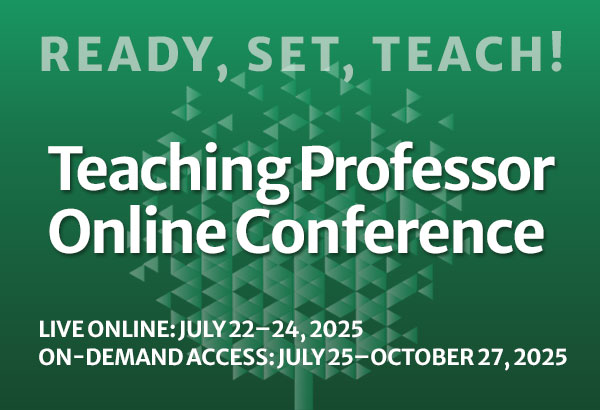
End Notes: Distinctive Ways to Wrap Up a College Course
The ending of a course is worthy of greater attention than it typically receives. Endless time and energy are expended on crafting beautiful syllabi complete with assignment descriptions, an outline of topics and readings, and due dates. We have thoroughly ritualized the start of a












